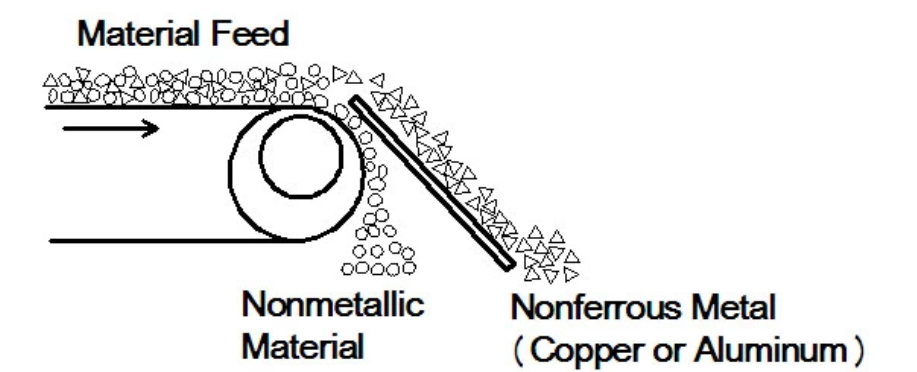

नोव्हेंबर . 24, 2024 03:29 Back to list
The Importance of Cable Granulation in Recycling
Cable granulation is a crucial process in the recycling industry, particularly focused on the recovery of valuable materials from old and discarded electrical cables. The increasing amount of electronic waste, combined with a growing awareness of environmental sustainability, has made cable granulation a significant topic within both the recycling and manufacturing sectors.
At its core, cable granulation involves the separation and refinement of materials contained within electrical cables. These cables typically consist of copper or aluminum wiring encased in plastic insulation. When these cables are disposed of improperly, they contribute to environmental pollution. However, through the process of granulation, valuable metals can be extracted and reused, thereby conserving resources and minimizing the ecological footprint.
The granulation process begins with the shredding of the cables into smaller pieces. This is followed by a series of mechanical and gravitational separation techniques to isolate the metal from the insulation. Advanced granulation systems utilize technology that efficiently separates the copper or aluminum from plastic and other contaminants. This ensures a high purity level of the recovered metals, which can then be sold back to manufacturers for the production of new cables and equipment.

One of the major benefits of cable granulation is its economic value. Copper, for instance, is highly sought after in the market due to its excellent conductivity and resistance to corrosion. The profitability of cable recycling significantly contributes to the economy, as recovered metals can reduce the need for mining raw materials, which is often associated with high environmental costs. Moreover, companies specializing in cable granulation are able to create jobs within the community, further promoting economic development.
Environmental benefits also play a pivotal role in the discourse surrounding cable granulation. By recycling cables, we reduce the amount of waste that ends up in landfills, where toxic substances can leach into the soil and water sources. Additionally, recycling reduces energy consumption compared to producing new metals from virgin materials. It is estimated that recycling copper can save up to 85% of the energy required to produce it from ore. Therefore, cable granulation aligns with global sustainability efforts by promoting a circular economy where materials are kept in use for as long as possible.
Furthermore, the process is becoming increasingly sophisticated, with ongoing advancements in technology leading to more efficient methods of metal extraction and waste separation. Innovations such as dry separation technology and air classification systems are enhancing the effectiveness of cable granulation. These technologies not only improve recovery rates but also reduce processing costs, making recycling operations more economically viable.
In conclusion, cable granulation is an essential aspect of modern recycling that offers significant economic and environmental advantages. By effectively recovering valuable metals from discarded cables, we can reduce waste, conserve natural resources, and support sustainable practices. As awareness of recycling and sustainable development continues to grow, cable granulation will play an increasingly vital role in addressing the challenges posed by electronic waste and fostering a more sustainable future. Industries, communities, and individuals alike must recognize the importance of this process and support the initiatives aimed at improving and expanding cable recycling efforts.
Latest news
Troubleshooting Common Eddy Separator Problems
NewsJul.04,2025
The Role of Metal Recycling Plants in Circular Economy
NewsJul.04,2025
The Impact of Recycling Line Pickers on Waste Management Costs
NewsJul.04,2025
Safety Features Every Metal Shredder Should Have
NewsJul.04,2025
How Industrial Shredders Improve Waste Management Systems
NewsJul.04,2025
How Cable Granulators Contribute to Sustainable Recycling
NewsJul.04,2025